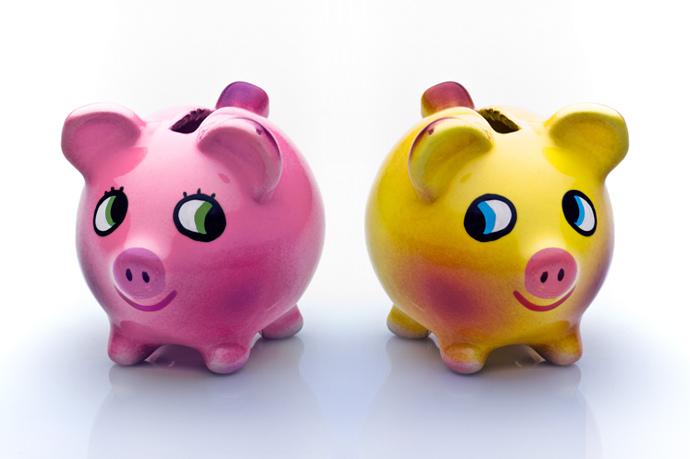
2 Types of Investors
There are two types of property investors – those who are out to make a quick buck and be done, and those who are after residual income, commonly referred in real estate as Cash Flow. The mental and psychological conditioning of folks in these two groups differs to a great extent. A fair summary goes like this:
Capital Gains Investors
Capital gains investors, those who want to get in cheap, do what they are going to do in order to improve value, and get out quickly at a higher price than their basis, are mostly interested in creating large sums of money quickly. Important to note are two caveats:
One, flipping, which is the real estate slang name for this process which essentially amounts to trading, is not at all a sure thing – there are a lot of places to mess up and a lot of ways to loose money. And two, this process is indeed a full-time job.
Indeed, with so many variables and so much at stake, this process has to be excruciatingly tightly controlled by the investor, which is nothing but time and effort!
Seeing as most of us get into real estate investing with the same general mantra – to get out of the 9 to 5 situation, and away from having a boss write our paychecks, it’s important to underscore that flippers (traders) are simply trading one job for another. Sure, they write their own history, so to speak, which is indeed more appealing that working for someone else. However, in terms of time commitment and security of having income whether you can or cannot “be there”, flipping is not it…
Cash Flow Investors
In the other camp are investors who would rather have $3,000/month of semi-guaranteed recurring income rather than $15,000 several times per year. While large sums of money attract the folks in the first group, to cash flow investors there is more value in knowing that the money will be there regardless – it’s automated…
So, folks in this category look to buy assets and hold them for long periods of time to allow the cash flow (difference between what it costs to hold the property, and the income it generates) pay for their way in life – I belong to this category of people, which is why I haven’t had a job in 4 years!
Why Rental Income is Better than Flipping Houses
If you are concerned about getting sick and rendered unable to trade time for money – rental income is better than flipping houses.
If you are concerned about spending too much time making money and not enough time on things that matter, rental income is better than flipping houses.
And there’s this as well:
Before moving on, one last thing to note – the income tax. Understand – trading (flipping) is considered earned income, while rental income is considered passive. Earned income is by far the most highly taxed income for two reasons:
- FICA taxes such as SS tax are attached to this type of income
- There are practically no legal shelters which can minimize taxable income
For these reasons, $80,000 of pre-tax income can easily equate to $48,000 of real spendable bottom line to a flipper!
On the other hand, you would be hard-pressed to find income which is more preferentially treated by the IRS than cash flow from rentals. It is just so easy to pay 15% effective tax rate on the rental income since there are no FICA tax responsibilities and there are as many deductions which create opportunities to shelter. In other words, you can earn $15,000 of cash flow but be taxed on $1,500 or less!
Thus, not only is cash flow more automated than capital gains, by design, but you don’t need nearly as much of it to be in the same place relative to spendable bottom line. After all, 4 flips at $20,000 profit in Ohio at 40% effective tax rate will result in $48,000 of spendable income. And, mind you, $20,000 margins on flips in Ohio or any other mid west state are not the norm. And 4 of them is nothing but a full time commitment…
Well – I make the same spendable income on my rentals, and my time commitment is 5 hours per month. I am able to do it only because my effective tax rate is a fraction of 40%, which means I don’t have to generate near as much top-line revenue to accommodate the same bottom line cash flow – get it?!
Conclusion
Don’t get me wrong – simply owning rentals in now way guarantees passive income. In fact, most people who own rentals actually loose money in the long run. And majority of those who don’t loose, have to work way too hard for this income because they buy the wrong kind of property!
A conversation around what is the “right and wrong” kind of rental property is a can of worms that is entirely too vast for this blog post. However, I cover the subject in every exhaustive detail as part of the Cash Flow Freedom University, which is going on sale at 20% off in 2 days!
This is a 3-day sale only. Don’t miss out on a great discount!


3 Comments